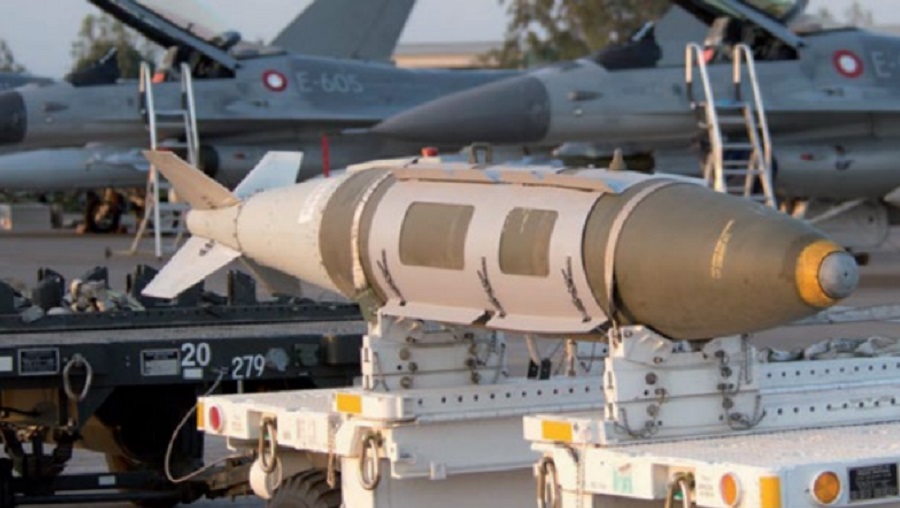NATO Support and Procurement Agency (NSPA) Air Battle Decisive Munitions (ABDM) Management Group and Sub Groups met in Brussels between 24-28 April 2023 to discuss common procurement, forecasting, continuous support to air munitions, and the technical and logistic challenges. The NSPA ammunition experts, working in the Ammunition and the Air Combat Missile and Aviation Support Partnerships, act as one team to assure support to the ABDM Community, consisting of 15 NATO nations (Belgium, Czechia, Denmark, Finland, Greece, Hungary, Italy, the Netherlands, Norway, Poland, Portugal, Slovakia, Spain and the United Kingdom).
NSPA has recently introduced the first platform based Multinational FMS case to procure explosives for the F-16 combat aircraft escape system. The Agency also established synergies with partners such as US Air Force Precision Guided Munitions Technical Coordination Group (PGMTCG), CAD/PAD Joint Program Office, US Navy Direct Attack Weapons System and US Army Joint Munitions Command and NATO Sub Groups handling countermeasures.
The ABDM community had the opportunity to connect with 20 NATO industries during the NATO Industrial Advisory Group (NIAG) Industry Day, and visit the Belgian Defense ammunition depot in the context of the Multinational Ammunition Warehousing Initiative (MAWI) formed by Belgium, Estonia, France, Greece, Hungary, Italy, the Netherlands, Norway, NSPA, Romania, Slovakia, Slovenia, Spain. MAWI’s goal is to improve the way NATO Allies and partners store and distribute ammunition stockpiles, offers participants a cost-effective and flexible way to address all aspects of their air munitions needs.
The scope of the ABDM framework was initially limited to air-to-ground precision guided munitions. However, following the success of the first and second acquisition cycles, the participants decided to expand the scope of the project into a comprehensive ABDM framework during the February 2021 NATO Defence Ministers Meeting. The ABDM project is now fully aligned in approach with the corresponding projects in the land and maritime domains covering Land Battle Decisive Munitions and Maritime Battle Decisive Munitions. The ABDM project introduces a flexible approach allowing participating nations to share each other’s ABDM stocks, therefore making Allied air forces more interoperable. Multinational procurement and potential multinational warehousing mean reduced costs and a more efficient acquisition process.















